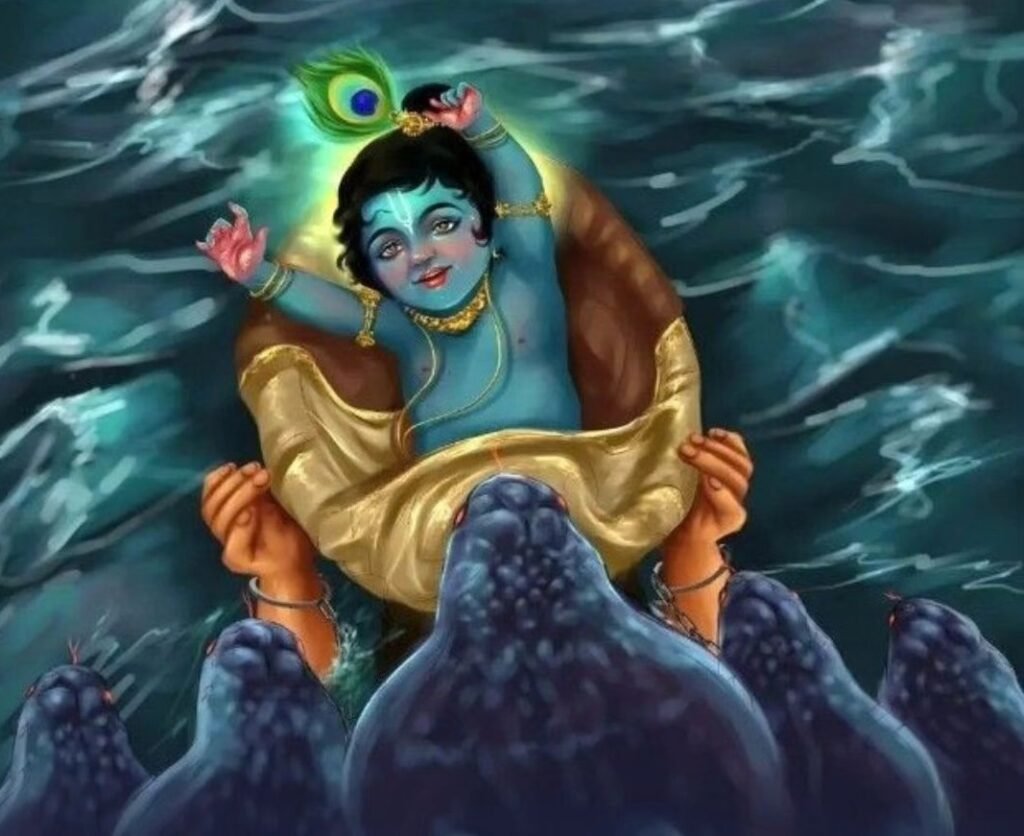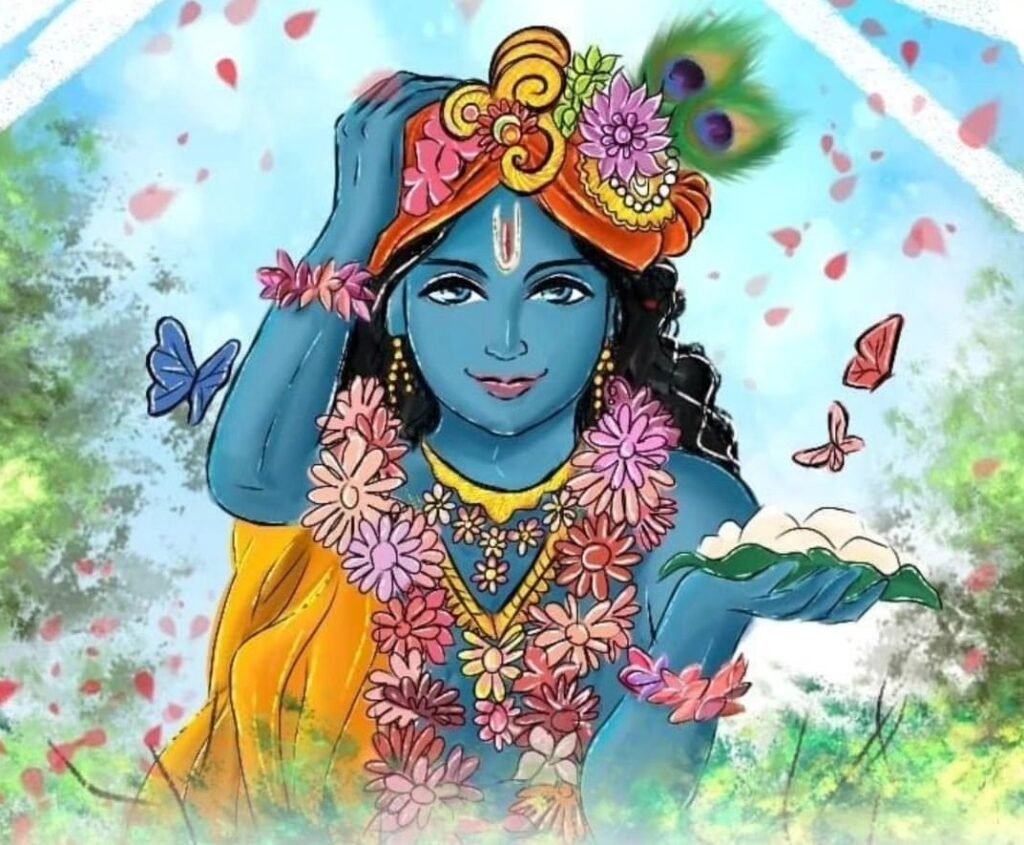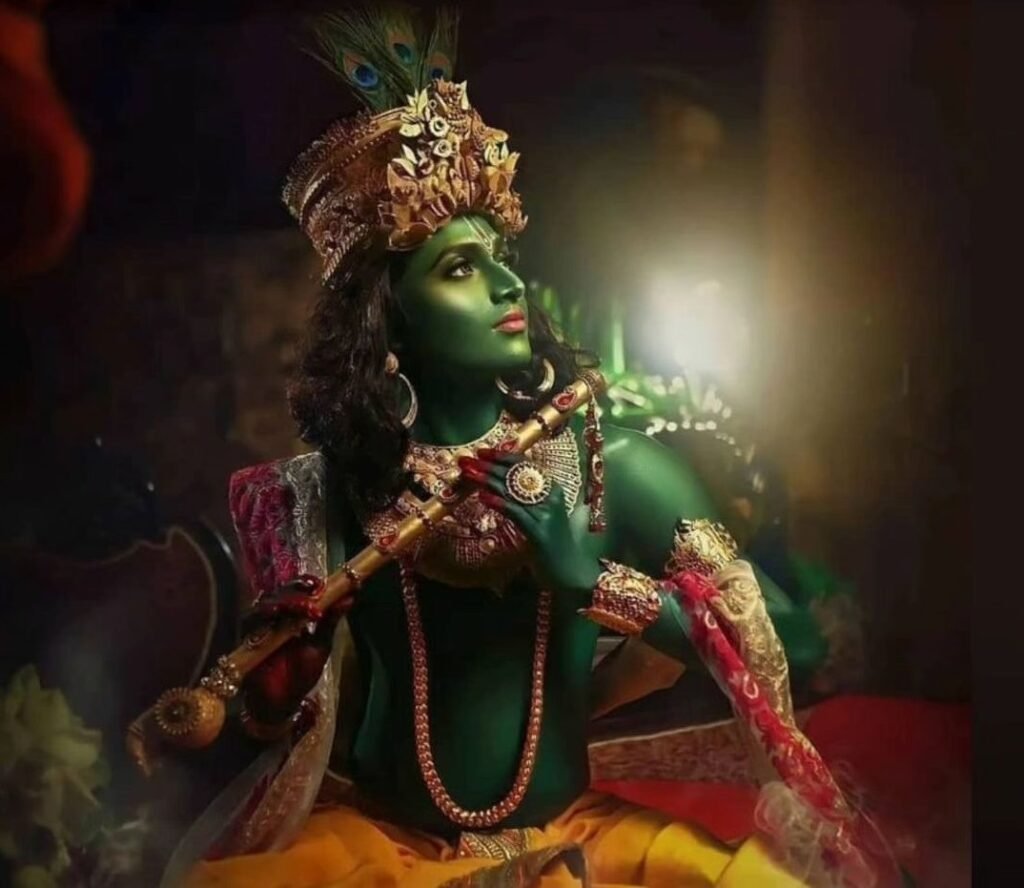Shrimad Bhagwat Geeta Chapter 2 shlok 24
Bhagwat Geeta Chapter 2 Shlok – 24 The emphasis on immortality is once again underscored here. It is not sufficient for the teacher to merely convey perfect knowledge; for that knowledge to be truly impactful, it must deeply resonate within the heart of the student. Hence, a skillful teacher often revisits and repeats key points. …






